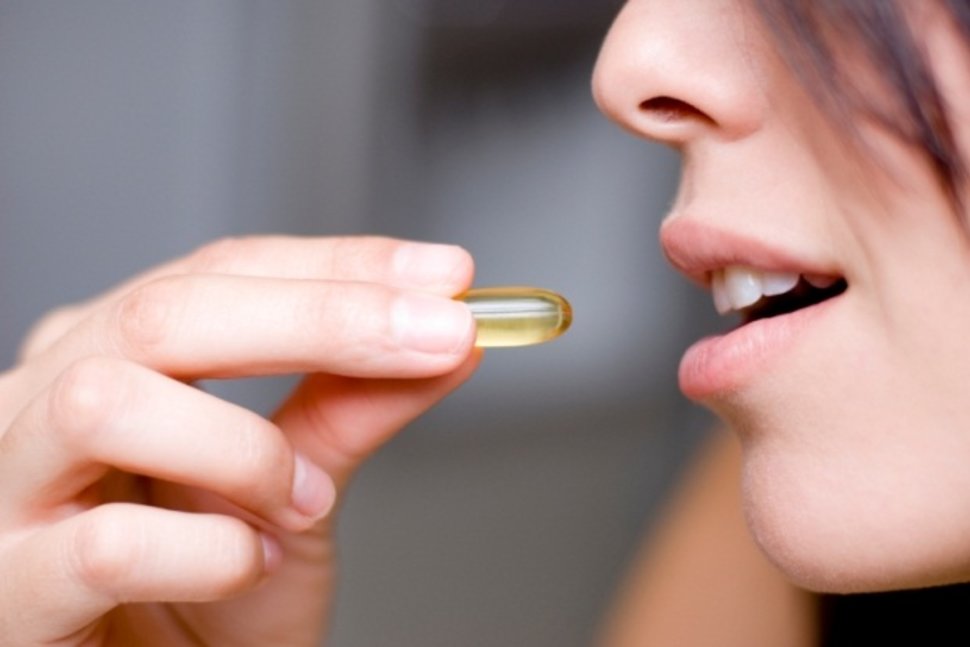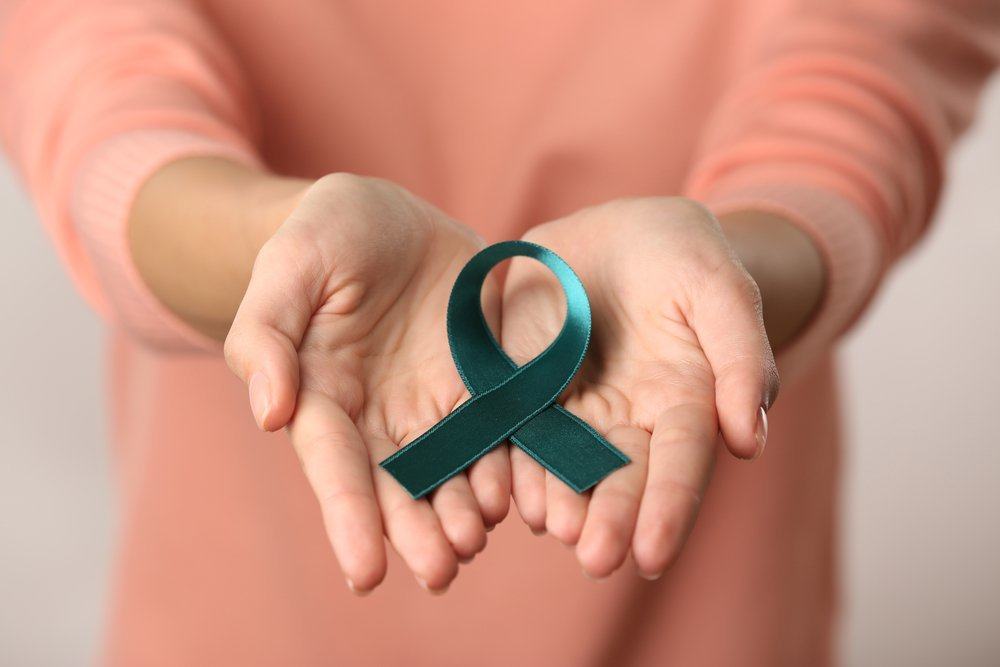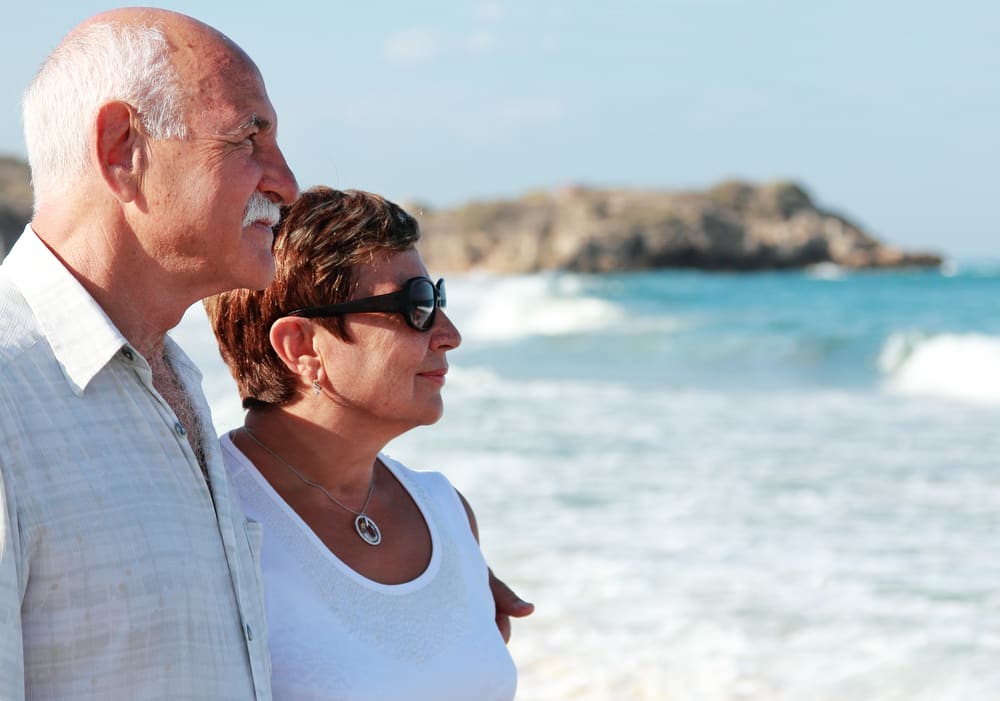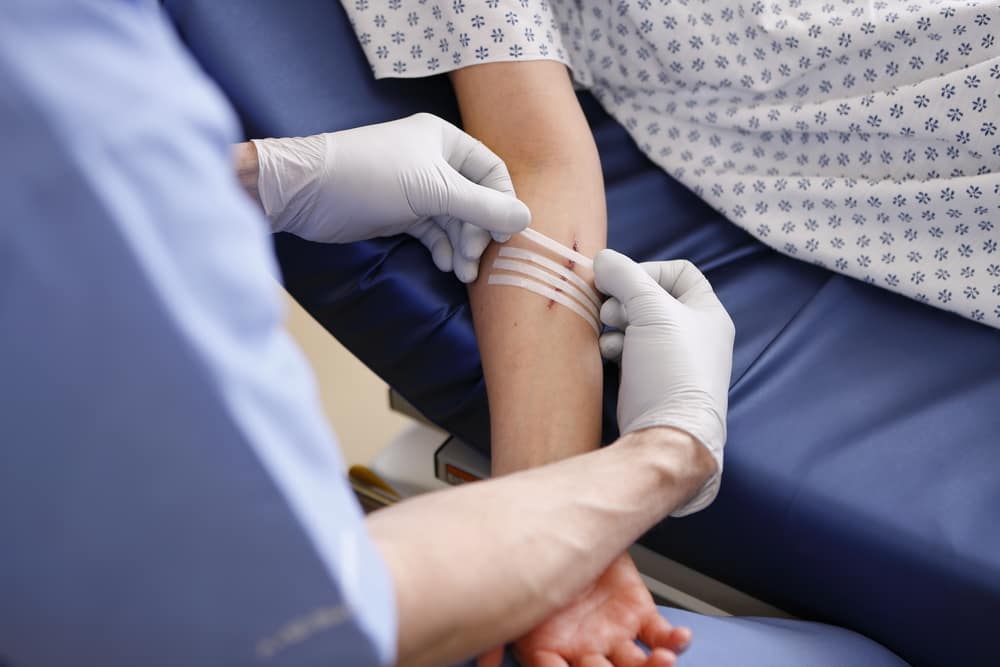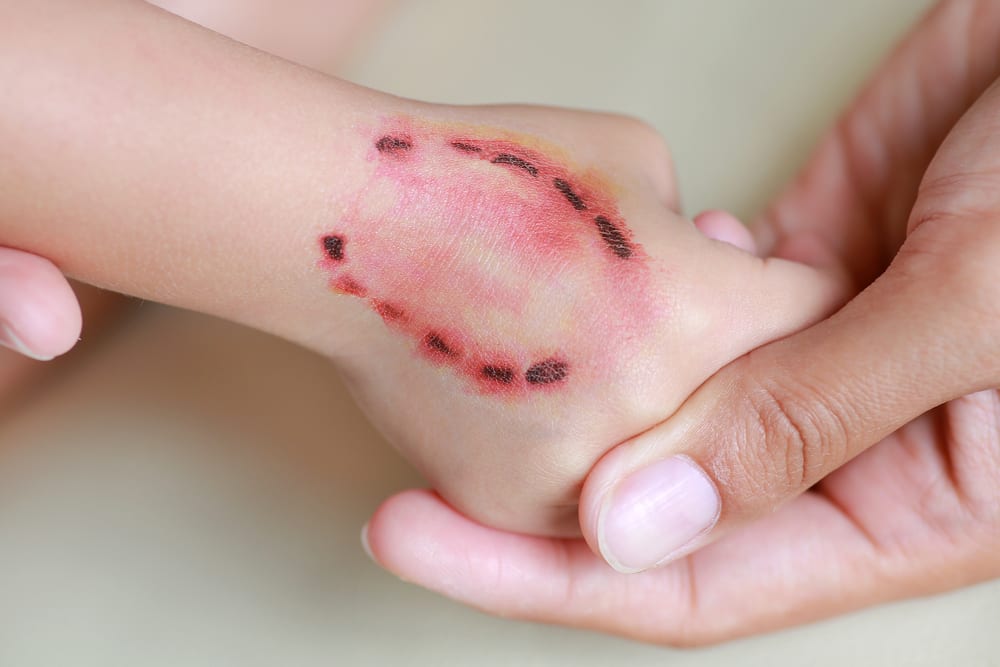Contents:
Medical Video: The Prodigy - The Day Is My Enemy (Official Audio)
Psoriasis is a chronic skin condition and an autoimmune disease in which the immune system causes skin cells to change faster than normal. This causes a buildup of cells on the surface of the skin. Exfoliated skin cells become thick, embossed, and red and silver, can be painful, dry, and itchy.
Topical medicines can soothe the skin and reduce inflammation. Oral medications suppress the immune system to slow the progression of the disease. However, psoriasis treatment can also be obtained from natural elements on the earth, namely the sun.
Phototherapy
Phototherapy is a term used to describe the treatment of natural light or synthesis for psoriasis. The skin absorbs ultraviolet light when you are sunbathing or the skin is exposed to a special light box.
Ultraviolet rays from the sun are classified as UVA and UVB rays. UVB is more effective in dealing with psoriasis wounds, according to the National Psoriasis Foundation. UVA light is shorter than UVB and goes deeper into the skin. Because UVA is not very effective in relieving symptoms of psoriasis, drugs are given in addition to light therapy to increase effectiveness.
Psoralen, a drug that causes photosensitivity, makes the skin more sensitive to sunlight. You will use the drug in oral or topical form on the affected skin before UVA treatment. This combination is usually abbreviated as PUVA.
Natural sunlight
Even though sunlight can be beneficial for psoriasis, you must be careful to avoid burning skin. Sunburned skin is usually easier for people with whiter skin, who are at risk of experiencing it sunburn and other types of dangerous cancers such as melanoma. Sunbathing for phototherapy without being careful can increase photosensitivity. This can increase the risk further.
You are highly recommended to use sunscreen as a protection from sunlight. For maximum and safe results:
- Use sunscreen on all areas of the skin
- Use sunglasses
- Do sun therapy when the sun is strongest to get maximum results.
Bask for 10 minutes to reduce risk. As long as you can tolerate sunlight, you can slowly add 30 seconds to 1 minute a day.
The sun not only helps get rid of psoriasis symptoms, but also stimulates the body to produce more vitamin D.
Psoriasis and vitamin D
Vitamin D contributes to reducing inflammation in the body. The National Psoriasis Foundation concluded that nutrition and UV light can eliminate or prevent psoriasis plaques. Sunlight can trigger the body to produce nutrients, which are beneficial for strong bones and immune function. However, vitamin D is also found naturally in some foods.
The British Journal of Dermatology announced the discovery that people with psoriasis have low vitamin D levels. If your vitamin D levels are insufficient, you can add foods that are rich in nutrients, such as:
- Milk and orange juice
- Margarine and yogurt
- Salmon
- Tuna
- Egg yolk
- Swiss cheese
Sun therapy and food are not the only way to treat psoriasis with vitamin D. Consult a medical service provider to determine topical vitamin D drugs that can relieve skin conditions.
Hello Health Group does not provide medical advice, diagnosis or treatment.





